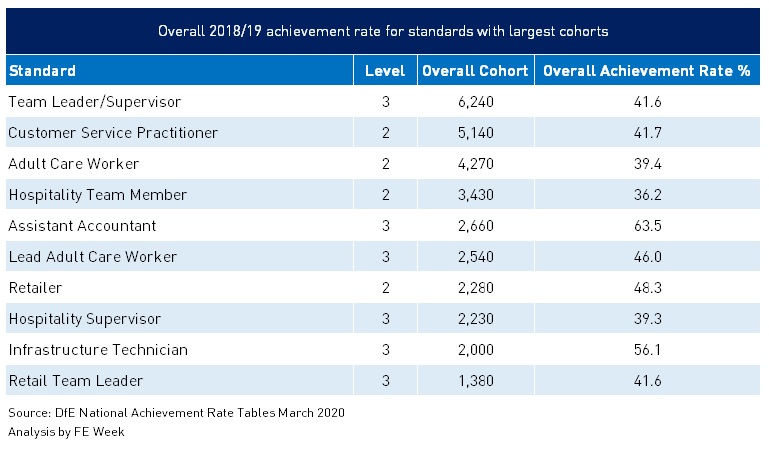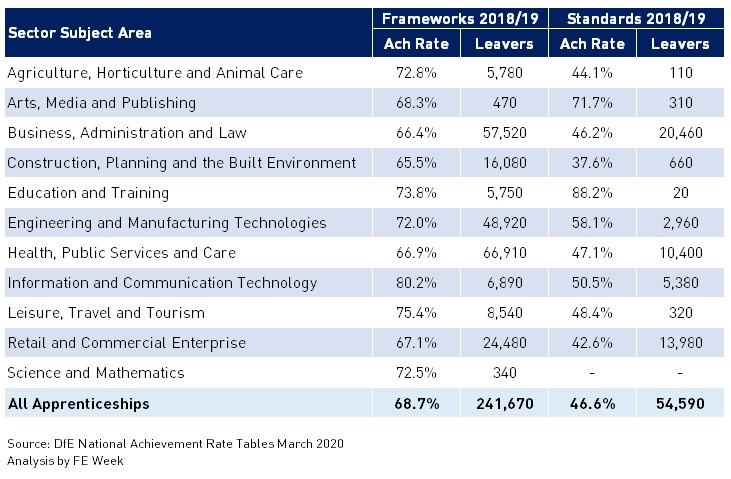Education secretary Gavin Williamson has written to college leaders, independent training and adult education providers today to thank them for their “expertise and ingenuity” in the face of the coronavirus pandemic.
Here is the letter in full:
Over the past week this nation has entered a truly unprecedented phase and as a government, we have had to take some exceptional steps to deal with the challenge that we are facing. As education secretary, taking the decision to close all education institutions and cancel this summer’s exams and assessments was not only enormous, it was incredibly difficult.
I am aware of the challenges that everyone in the further education sector and all those educating young people and adults over 16 years old are facing. I want to express my deepest gratitude for the absolutely vital service that you are providing to young people, adults, and of course your local communities – for which I know colleges and further education institutions play a central role. It is thanks to your hard work on the frontline of our national effort that learners have stability and support to continue their studies and vulnerable young people continue to be cared for.
In a week of unique circumstances, one thing that hasn’t surprised me is the resilience, resourcefulness and real commitment of you all. Your sector has not only risen to the challenge, its expertise and ingenuity has shone through – using creativity and technology to keep the show on the road for the thousands of learners who rely on you. I have heard some fantastic stories of staff and leaders moving swiftly to online learning, sharing teaching resources and supporting local schools to ensure vulnerable children and children of key workers are cared for.
I know that this will be a difficult and testing time for you all – both personally and professionally. We are in a crisis that seems to touch every aspect of our lives and I know you will be anxious about the wellbeing of your teams and learners that you support. We have published initial guidance on how best to keep staff and students safe, along with some more practical guidance on the implications of Covid-19 on the running and funding of your institutions. Working closely with the minister for apprenticeships and skills Gillian Keegan, we will continue to review this and stay alive to the challenges you are facing and how we can best respond.
On behalf of the Prime Minister and the entire government, thank you once again for all your work.


